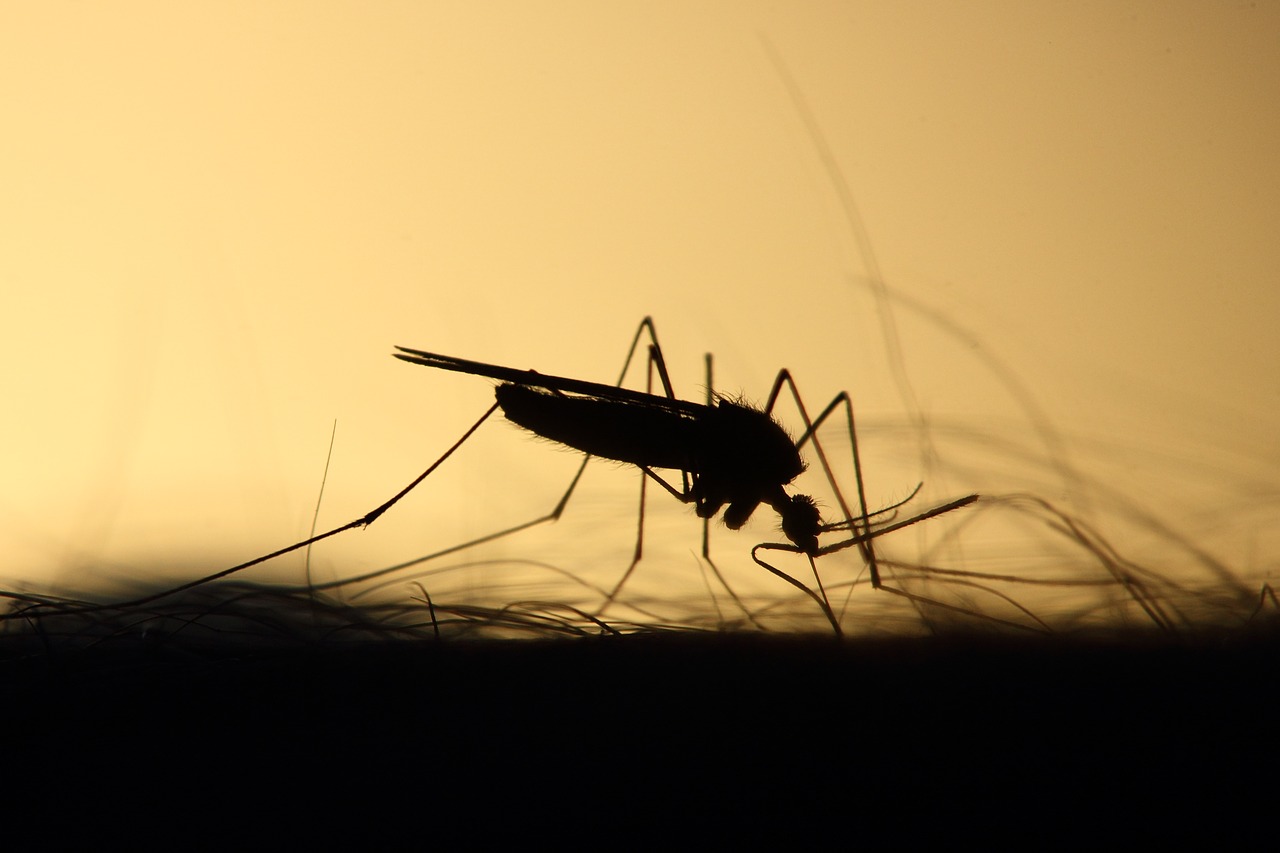Does anyone like mosquitoes? Sure, they provide food for frogs but they transmit so many terrible diseases (not least dengue fever, chikungunya, Zika fever, Mayaro and yellow fever), I can’t think of anything good about them.
For a long time, scientists have known that female mosquitoes use the cocktail of smells that humans and other animals emit to detect the blood they need to nourish their eggs. They do this through olfactory neurons located primarily on their antennae; these then transmit scent information to the brain.
Researchers at Boston University used CRISPR technology to inactivate groups of human-odour receptors on the olfactory neurons in the antennae of female Aedes aegypti mosquitos (the boys don’t bite humans). They expected that this would stop them being able to detect human scents.
However, when they measured neuronal activity as the mosquitoes were exposed to human smells, they found the insects could still detect them.
They suspected that the odours activated other receptors on the olfactory neurons. To confirm this, the researchers used RNA sequencing to pinpoint what was happening on a cellular level. They found that a single olfactory neuron possesses multiple types of receptors, and that human odours engaged some receptors that hadn’t been inactivated.
So it seems that evolution has once again built in redundancy, meaning there’s more than one system in place. Which makes them so much harder to get rid of.
Source: Mosquitoes have a backup system for sniffing out humans
I talked about this with Danny Hoyland on West Bremer Radio on 20 August 2022. Listen live each week: Saturday 7.40 am, West Bremer Radio.

